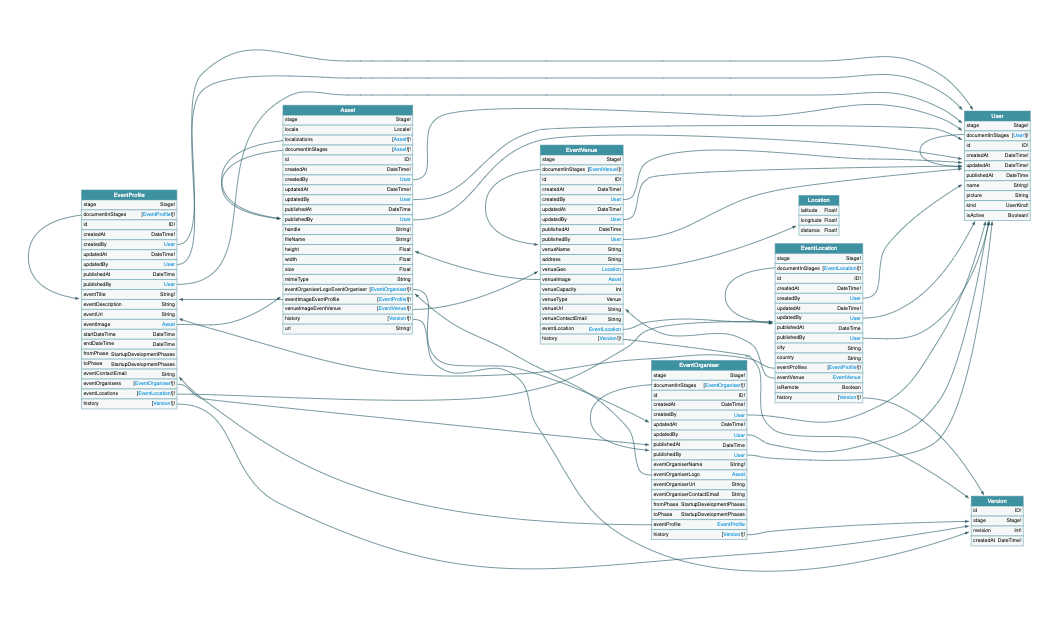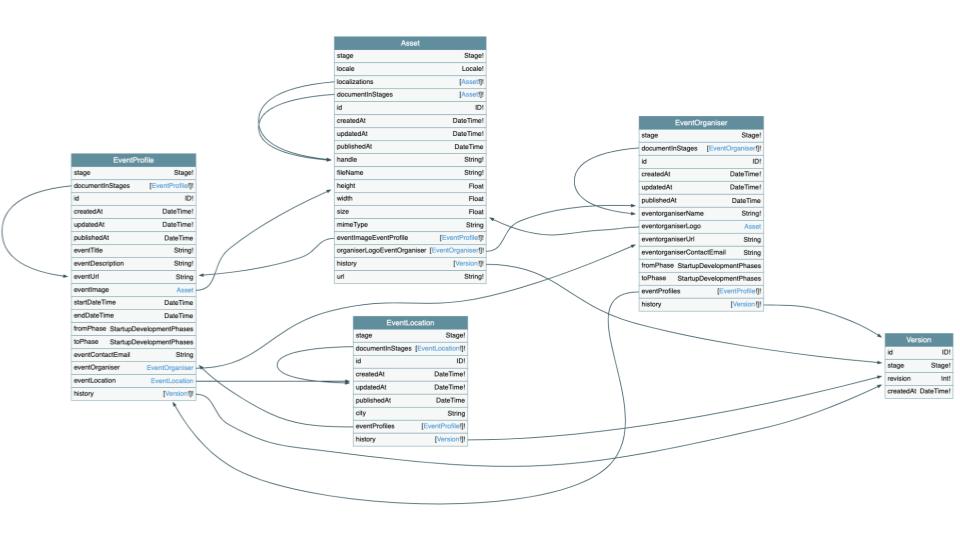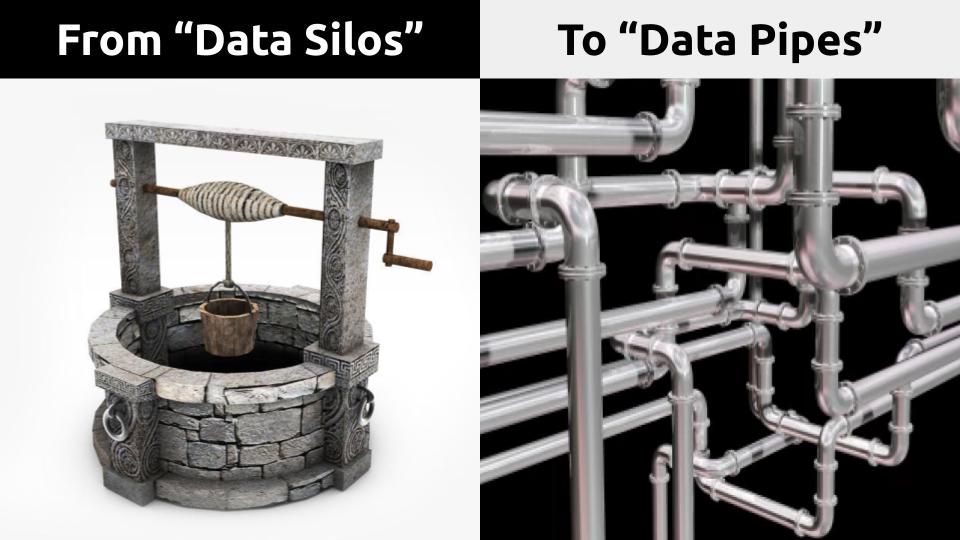|
Unlock tools to measure the health and equity of an entrepreneurial ecosystem. Forward Cities is a U.S.-based nonprofit equipping communities and regions to grow and sustain more equitable entrepreneurial ecosystem. They work with partners to better understand their current entrepreneurial landscape through the lens of equity and inclusion and help them develop strategies to strengthen systems of support for under-connected, under-invested entrepreneurs and small business owners. Forward Cities team covered in the Startup Commons Innovation Entrepreneurship Best Practices Webinar Series the different ways in which you can use its E3 Scorecard to guide communities as they identify strengths and gaps within their ecosystem.
A self-assessment tool to measure the health and equity of an entrepreneurial ecosystem Are you still looking at how to catalyze entrepreneurial communities to ensure equity for every entrepreneur?
Forward Cities is a U.S.-based nonprofit equipping communities and regions to grow and sustain more equitable entrepreneurial ecosystem. Forward Cities core team - Fay Horwitt, President of Forward Cities, Brett Brenton, Senior Director of Learning Networks, and Garrett Raczek, Senior Manager of Special Projects at Forward Cities - will cover the fundamentals around how to ensure equity for every entrepreneur. On May 27th 2021 @ 3:00 PM EEST They will also present a self-assessment tool to measure the health and equity of an entrepreneurial ecosystem. This webinar is ideal for all ecosystem stakeholders wishing to reflect on the current systems of support and identify ways in which equity can be advanced through an ecosystem's: People, Programs, Networks, and Narratives. In the end of the session, there will be Q&A and experiences sharing from other ecosystem actors. Don't miss it out and book your place! The Startup Commons tech team is happy to update the open standard data model to version 0.2.0 to aggregate and distribute startup events data.What's new?
Usage
If there is a data model you would like us to improve or add, leave your request here and we will review to add it to our development plans to make it ecosystemOS compliant for global connectivity with other ecosystems. Or you can also subscribe to our ecosystemOS newsletter to keep you updated about the new data model releases.
Startup Commons releases version 0.1.0 of the open standard data model starting with events domain5/5/2021 Startup Commons just released the first open standard data model to aggregate and distribute startup events data. One of the benefits of working in the innovation entrepreneurship landscape globally for many years is to identify best practices, common patterns and needs coming from all kind of ecosystem maturity levels, recognising opportunities and giving us the chance to focus on things that others are not really providing, where our ecosystem development expertise matter the most. And the truth is that, while ecosystem builders and actors alike recognise and agree the ecosystem fragmentation as a big issue that must be resolved to enable true collaboration and accelerate ecosystem development, in practice, none is committed to fix it. The beast is so big that it seems it is "smarter" to just escape from it. But the beast doesn't stop growing more and more because we also contribute to make it bigger with our own ambitions and motivations. We are always asking entrepreneurs to be leaders to make their companies succeed. Shouldn't we ask ecosystem builders and related actors to also behave as entrepreneurs? Shouldn't they have the guts to put the right things in place to make their ecosystem easier for anyone to land, navigate, connect and progress? In practice, there is a lack of true leadership to really tackle the ecosystem fragmentation. At the end of the day, as anything, it is a personal decision and we can't do much on this. We can just make one thing: leading by example. Taking the global leadership to develop what is needed to enable ecosystem connectivity and interoperability within and between ecosystems. Taking The First Step Ecosystem fragmentation in practice means that we have applications (spreadsheets, CRMs, event systems, portals, etc.) with closed databases, where people put information in and pull information out, and whatever information is randomly shared, it is not connected in a systematic and consistent way. We have applications silos, meaning that people need to proactively move information between systems. At the core, the solution for ecosystem fragmentation lie the data model, which is the way elements of data are organized and therefore standardise how they relate to one another and to the properties of real-world entities. Therefore data modelling is the first step towards removing ecosystem fragmentation and definitely to look at data as a key resource in the digital revolution to bring more efficiency at ecosystem level: designing a data model for information ecosystem. A model for what data and how is it stored & used. But being developed as open standard to facilitate easier, faster and broader adoption, to improve information transfer and usage and ultimately increase innovation. What's coming? From now on, we are making public the Roadmap for Open Standard Data Model, covering domains and objects that are part of the innovation entrepreneurship landscape, providing details about entity types, attributes, relationships, integrity rules, and the definitions of those objects so that any ecosystem can iteratively use them for:
A first use case enabled with this first simple model is a global startup events portal to aggregate and distribute startup events data. It provides a standards-based representation that can be used to encode and exchange events data in the context of innovation entrepreneurship format.
if there is a data model you would like us to improve or add, leave your request here and we will review to add it to our development plans to make it ecosystemOS compliant for global connectivity with other ecosystems. Or you can also subscribe to our ecosystemOS newsletter to keep you updated about the new data model releases. We are right now in that technological leap similar to the one that occurred when the car was invented that drastically changed the mobility of people. We are right at that moment where the way in which innovation and entrepreneurship is facilitated is going to change. Are you going to stay behind? Take action now! Startups having the right advisors essentially raise more money and grow faster. Boardio is a digital service connecting companies with advisors and board members.Boardio connects companies with skilled individuals available for advisory work. Boardio has a global pool of 3100+ candidates with skills and availability for advisory and board positions. Companies needing external advisors can post a recruitment ad for free and let interested advisors apply. Companies can also browse advisor base and contact the ones that seem to have skills needed. Tuomo Virkkunen, founder of Boardio, covered in the Startup Commons Innovation Entrepreneurship Best Practices Webinar Series the benefits of using external advisors, introduced Boardio service, made a demo and told how accelerators and other ecosystem players can utilize Boardio to help companies within the ecosystem to succeed. Get a quick understanding of Boardio here.
|
Supporting startup ecosystem development, from entrepreneurship education, to consulting to digital infrastructure for connecting, measuring and international benchmarking.
Subscribe for updates
Startup ecosystem development updates with news, tips and case studies from cities around the world. Join Us?Are you interested to join our global venture to help develop startup ecosystems around the world?
Learn more... Archives
December 2023
Categories
All
|
||||||||||||
- Startup Commons
- Business Creators
-
Support Providers
- About Support Providers
- Learn About Startup Ecosystem
- Startup Development Phases
- Providing Support Functions
- Innovation Entrepreneurship Education
- Innovation Entrepreneurship Curriculum
- Growth Academy eLearning Platform
- Certified Trainers
- Become Growth Academy Provider In Your Ecosystem
- Growth Academy Training On-Site By Startup Commons
-
Ecosystem Development
- About Ecosystem Developers
- What Is Startup Ecosystem
- Ecosystem Development
- Ecosystem Development Academy eLearning Platform
- Subscribe to Support Membership
- Ecosystem Operators
- Development Funding
- For Development Financiers
- Startup Ecosystem Maturity
- Case Studies
- Submit Marketplace App Challenge
- Become Ecosystem Operator
- Digital Transformation
- Contact Us
- Startup Commons
- Business Creators
-
Support Providers
- About Support Providers
- Learn About Startup Ecosystem
- Startup Development Phases
- Providing Support Functions
- Innovation Entrepreneurship Education
- Innovation Entrepreneurship Curriculum
- Growth Academy eLearning Platform
- Certified Trainers
- Become Growth Academy Provider In Your Ecosystem
- Growth Academy Training On-Site By Startup Commons
-
Ecosystem Development
- About Ecosystem Developers
- What Is Startup Ecosystem
- Ecosystem Development
- Ecosystem Development Academy eLearning Platform
- Subscribe to Support Membership
- Ecosystem Operators
- Development Funding
- For Development Financiers
- Startup Ecosystem Maturity
- Case Studies
- Submit Marketplace App Challenge
- Become Ecosystem Operator
- Digital Transformation
- Contact Us







 RSS Feed
RSS Feed

